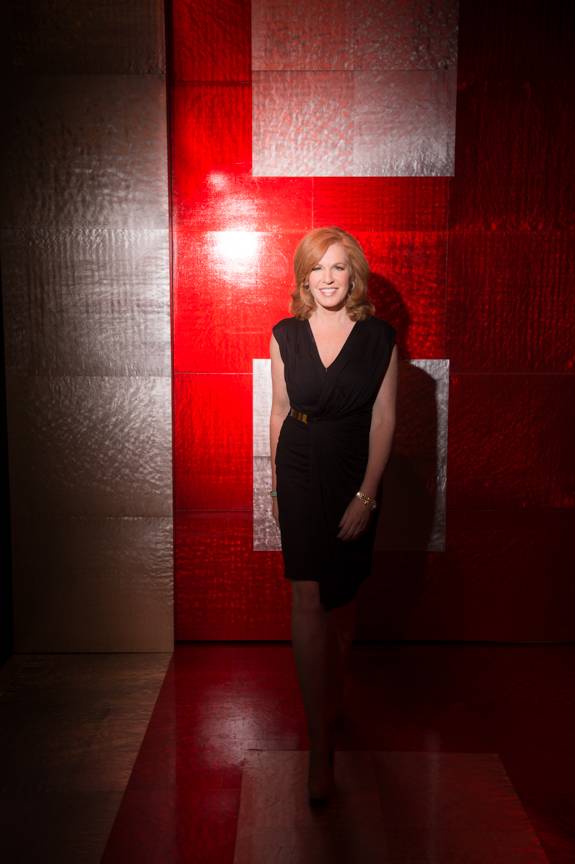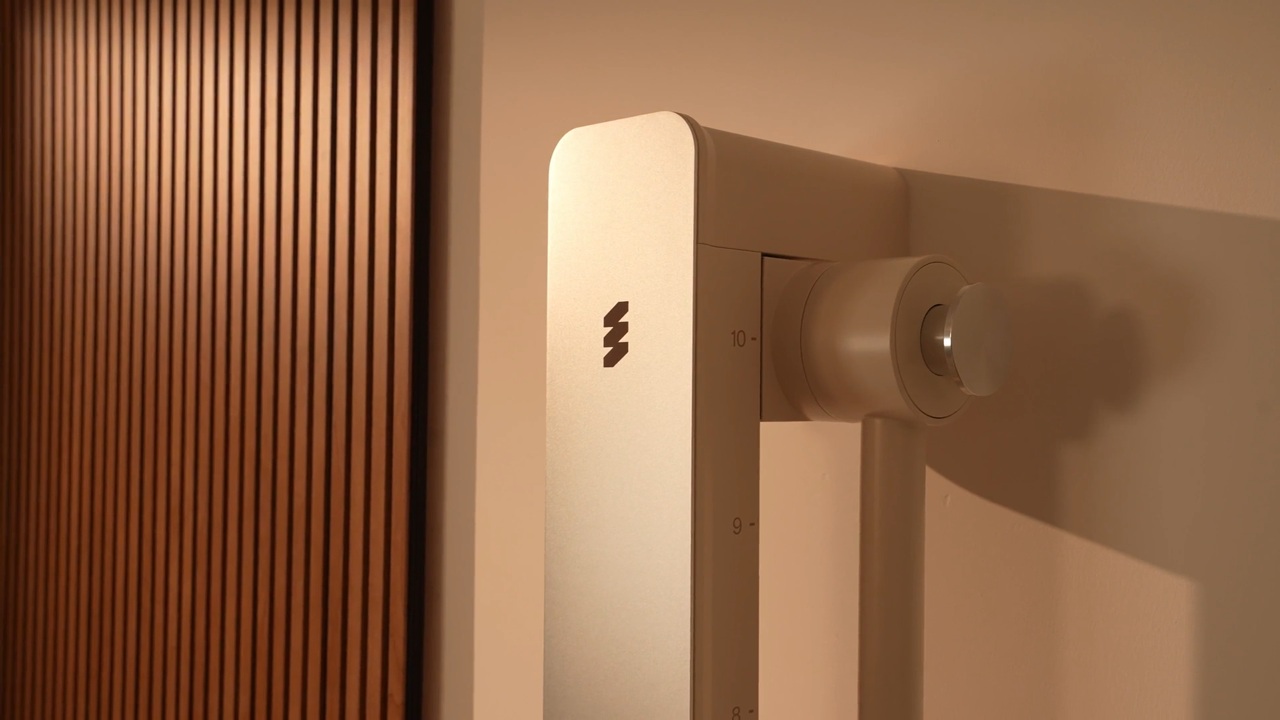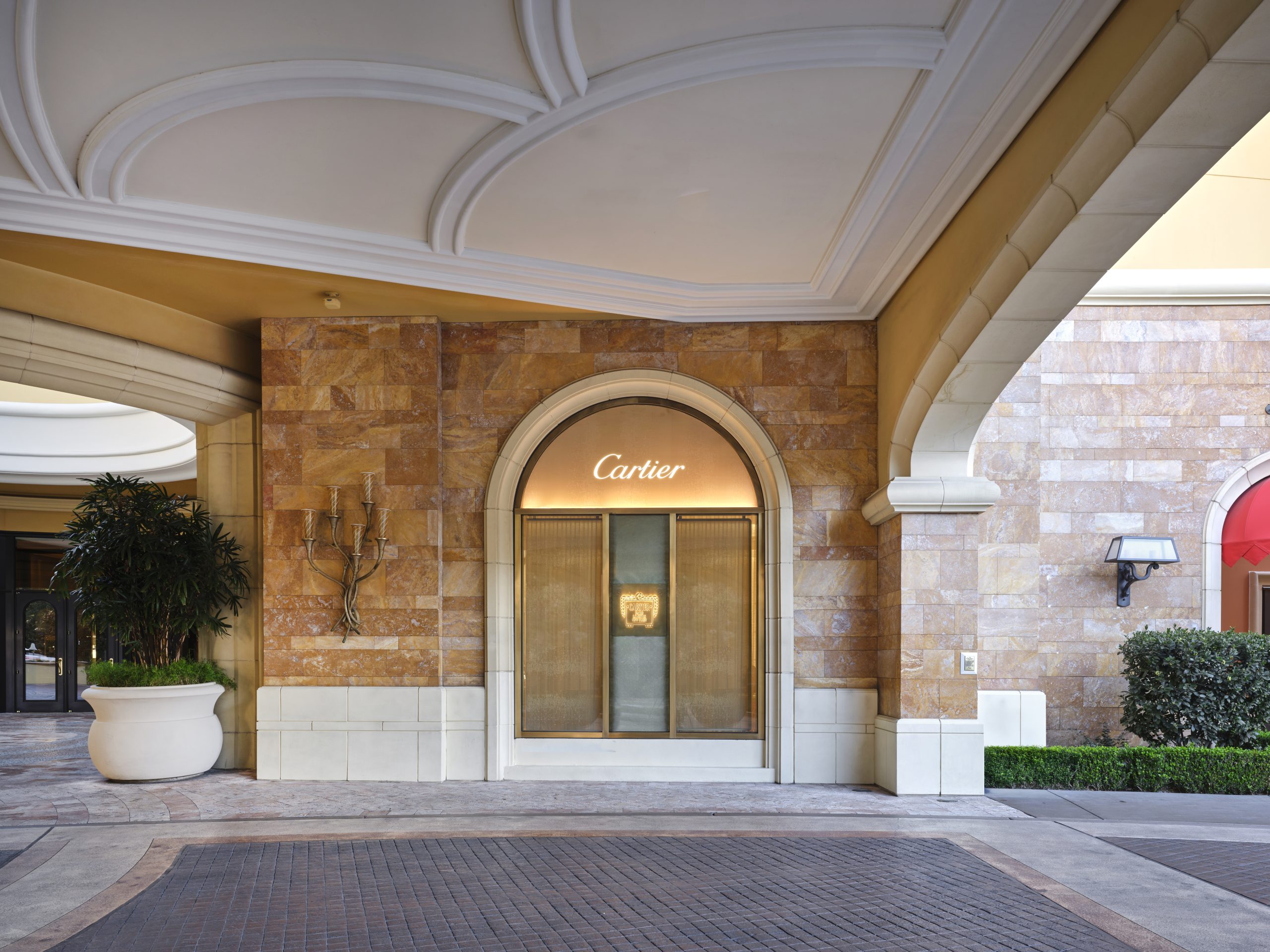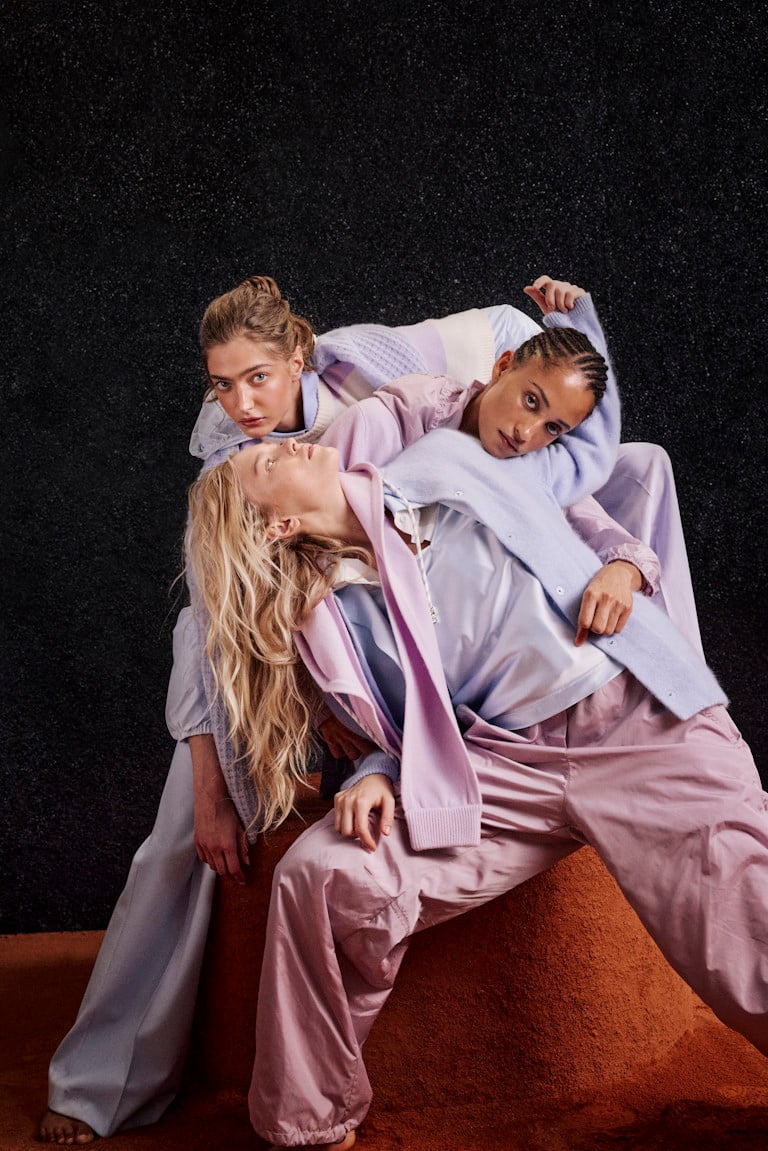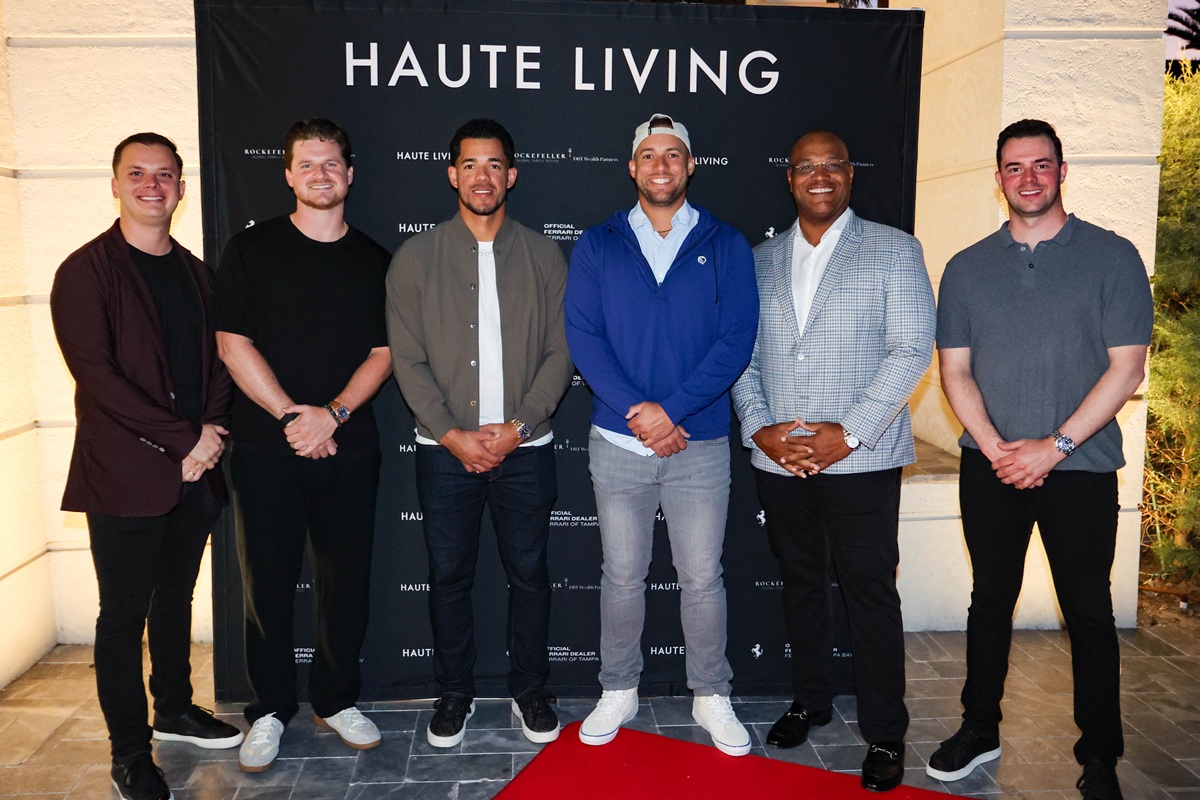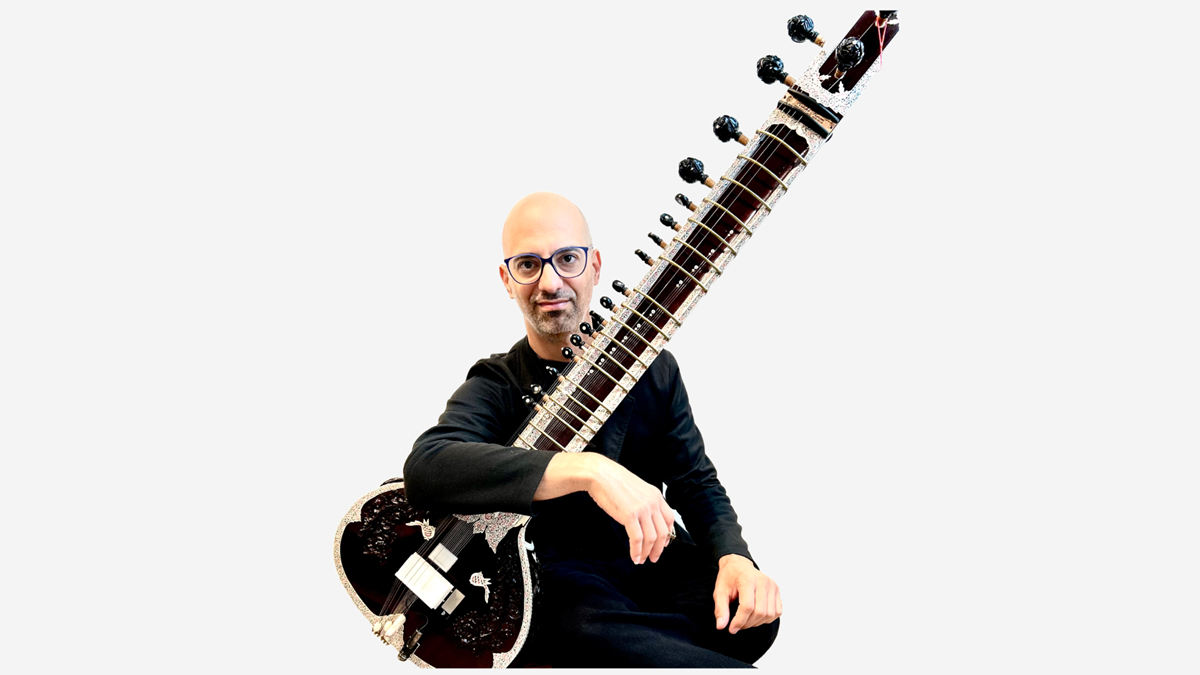Fox Business Network Anchor Liz Claman on the Art of Interviewing
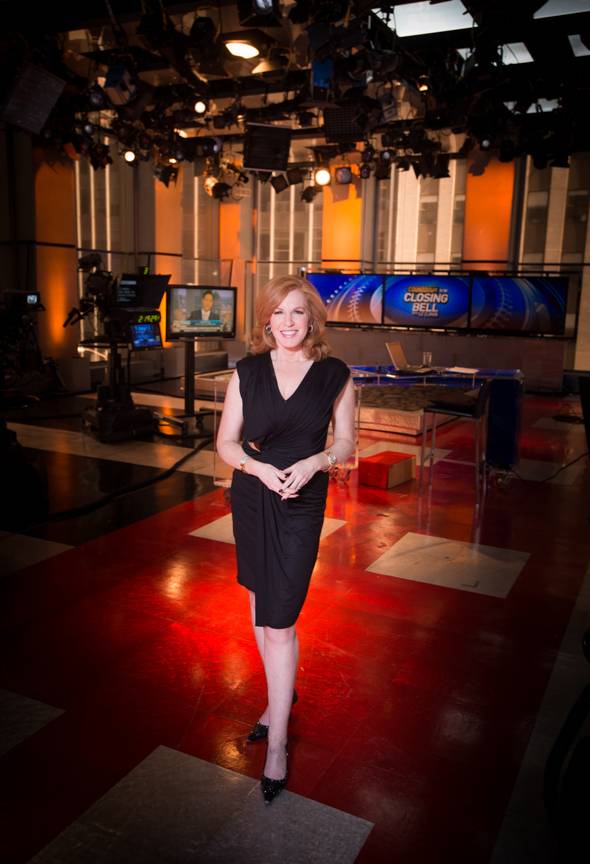
Liz Claman isn’t afraid to ask tough the questions. In fact, it’s what drives her. As the host of Countdown to the Closing Bell and After the Bell, the FOX Business Network anchor has gone head-to-head with some of the world’s most influential power players from Warren Buffet to Bill Clinton—and she won’t let them off the hook even if they squirm. “I’m not that journalist that’s going to scream and yell and not let you tell your story—I will,” Claman explains from her midtown Manhattan office. “But you’re going to be stuck with me and you can’t run away. You have to answer my questions, and you have to tell your story in a fair and truthful way.”
It’s this sort of no-holds-barred attitude that has made Claman so successful throughout her nearly 30-year career, and truly a force to be reckoned with in the field of business journalism. After getting her start in local news, covering everything from category five hurricanes to drug busts, Claman made the leap to business reporting in 1998. And she hasn’t looked back since. Today, she works alongside a network of innovators— Charlie Gasparino, Maria Bartiromo, Melissa Francis, Lou Dobbs, and John Stossel—delivering thoughtful analysis and, as she says, asking the questions that elicit newsmaking answers. “Anybody can look at a balance sheet and tell you how much cash and debt are on the books. Go to a website—that’s not what I’m here for,” she says confidently. “I’m here to talk to the jockey, not just look at the horse. And to look at that jockey, and say, how did he or she hang on through the tougher times? Let everybody else talk about the easy stuff.”
Like most successful journalists, it’s clear that Claman likes being in control. In her home—the television studio—she calls the shots and steers the conversation. But on a crisp fall day, Haute Living decided to turn the tables and put the fiery red head in the hot seat to see how she handles the tough questions.

Why did you decide to pursue a career in journalism?
I always wanted to be that person on the scene—the reporter in the hurricane! At the crack house! At the school board meeting! When you work in news, you walk into the newsroom, find out the worst thing that happened overnight, and you go there. A lot of people don’t want to do that. But I would rather be at the front lines, know what happened, and then help inform the public and let people make their own decisions.
Tell us about your first job in the industry.
I worked at CBS as an unpaid intern and then as a minimum wage production assistant out of college— University of California, Berkeley. All of the camera guys, who are the smartest people in the room at any newsroom—they know everything about everything—told me to go to the Midwest and work for a third rated station. I applied to a bunch of stations and ended up choosing one in Columbus, Ohio.
You’ve interviewed so many big names like Elon Musk, Warren Buffett, and Bill Gates. Is there anyone you have always wanted to interview that you have not yet?
He’s not with us anymore—Steve Jobs. I didn’t get him. But I’m in a pretty high-end group of people who didn’t get him. He didn’t talk to the press a lot.
What would you have asked him?
“Did you ever feel like giving up?” Entrepreneurs tend to fail a lot, which is actually a good thing, but at certain points he lost control of his company. How he couldn’t be so down and not be out is something that I would have liked to capture for my viewership, because there are a lot of people out there who give up too easily.
Describe your interview style.
Everybody talks about the high points of somebody’s career, but I’m not interested in that—that’s out there already. I want to capture that moment when they didn’t let go and they didn’t give up, and instead said, ‘I’m going to keep fighting for this dream.’ I tend not to get into combative discussions; I don’t really see how that helps a viewer. Does that mean I’m easy? No. I have an iron fist—it just happens to be in a velvet glove.
As a woman working in a male dominated field, do you ever feel the need to prove yourself?
Never. I am a big feminist—I’m a member of the Feminist Majority Foundation, but in my view of feminism, life should be a meritocracy. The best person for the job should get that job. I have always been lucky to work with news directors that were gender blind. I got to cover Hurricane Andrew, the nation’s only category five hurricane in the last several decades. I threw myself at the pitch. Thankfully, my news director at the time didn’t see, oh she’s a delicate female. He saw, oh, she wants it!
How did you make the transition to financial journalism?
I kept trying to get hired in New York or Los Angeles in local news, but they just weren’t hiring. When the front door slams in your face over and over again, you better go in a side window or basement crack. So I thought, well, maybe cable is my route? I got rejected by MSNBC and FOX News, so I thought, where aren’t there a lot of me? I went to the Golf Channel. I went to E! Entertainment. I started auditioning everywhere and when CNBC called in 1998, I remember quickly turning to the channel, looking at the ticker, and thinking, what language is that?
Why do you think CNBC took a chance on you despite your limited financial background?
I sold them on the idea that I could tell a businessperson’s story. Anybody can learn numbers. Anybody can learn to read a balance sheet or an earnings report. But can you sit across from Warren Buffet, Bill Gates, Charlie Munger, or Elon Musk and ask them the questions that elicit newsmaking answers? I learned the other stuff really quickly, and suddenly, I met a lot of CEOs who were very interested in giving me the big interviews.
What prompted you to start working for FOX Business Network?
I found the idea of working at a place that’s run by visionaries extremely attractive. I knew that if I went to FOX, which turned the cable industry upside down and inside out, that I would learn from these people. The cool thing about FOX is that they don’t ask why. They say, sure, why not. We’ve done some crazy things here!
What is something that most people wouldn’t know about you?
I was going to say that I’m riddled with anxiety, but I think everybody sees that! They don’t know that I am not a girly girl at all. I can’t pick paint chips. I’m completely disinterested in cooking. I have zero interest in decorating—the wardrobe department literally has to come in and tell me what to wear everyday because I’m constantly thinking about other things. Also, my favorite movies to watch over and over again are underdog sports movies. All those movies like Miracle or Rudy where the little guy figures out a way to win, and where passion overtakes might.
Do you consider yourself an underdog?
Yes, I do actually. I was belittled heavily at CNBC when I got there by people who were already there. They’d say, “What is she doing here? She has no business background! She knows nothing!” I ended up landing Warren Buffet and Bill Gates for the network and a lot of other people who up until then had not arrived. They had enough people who could read balance sheets, but they had trouble with people being able to tell a great story.

